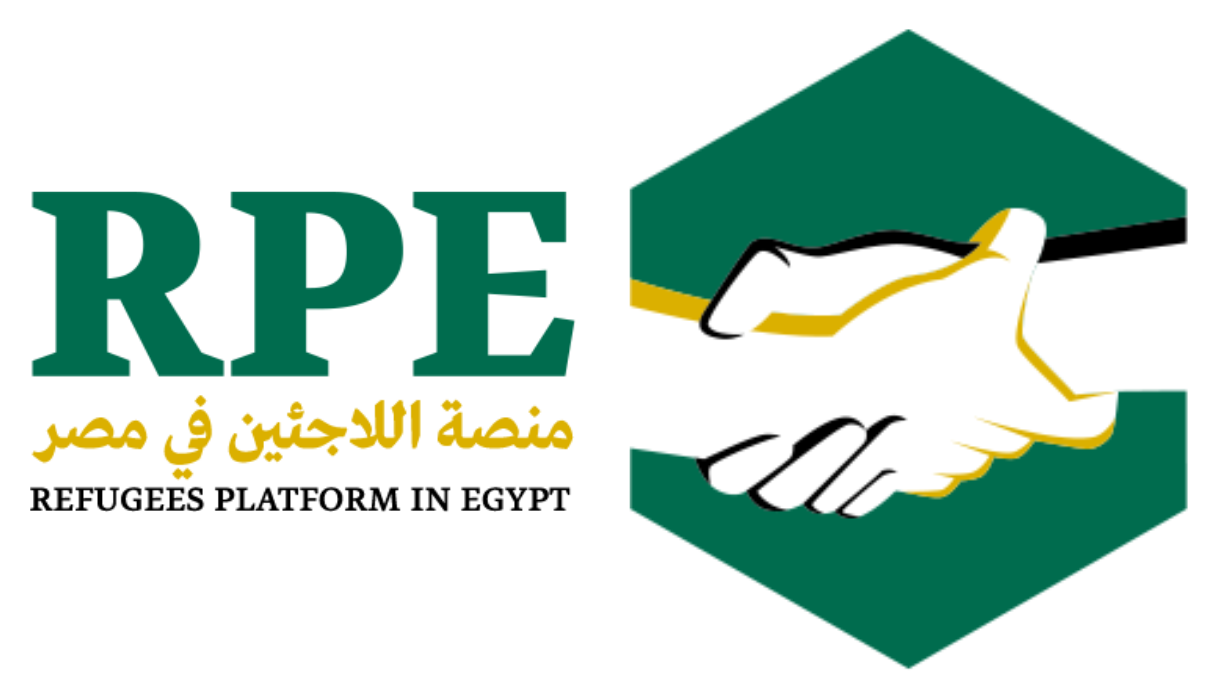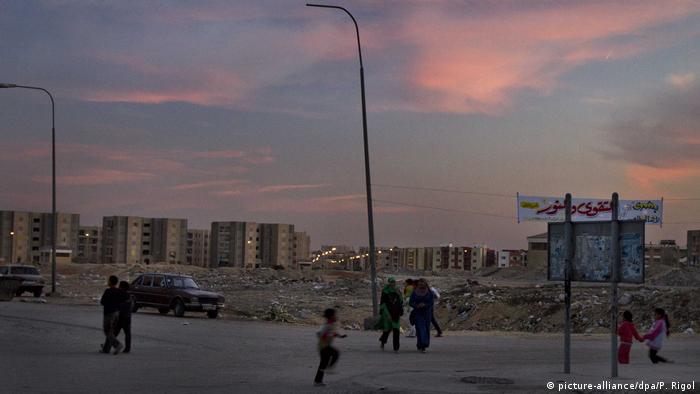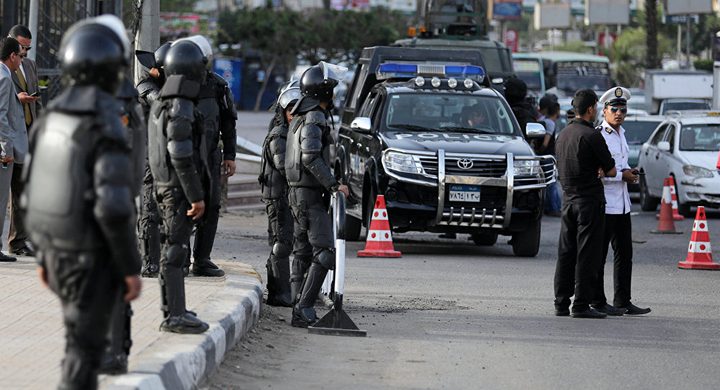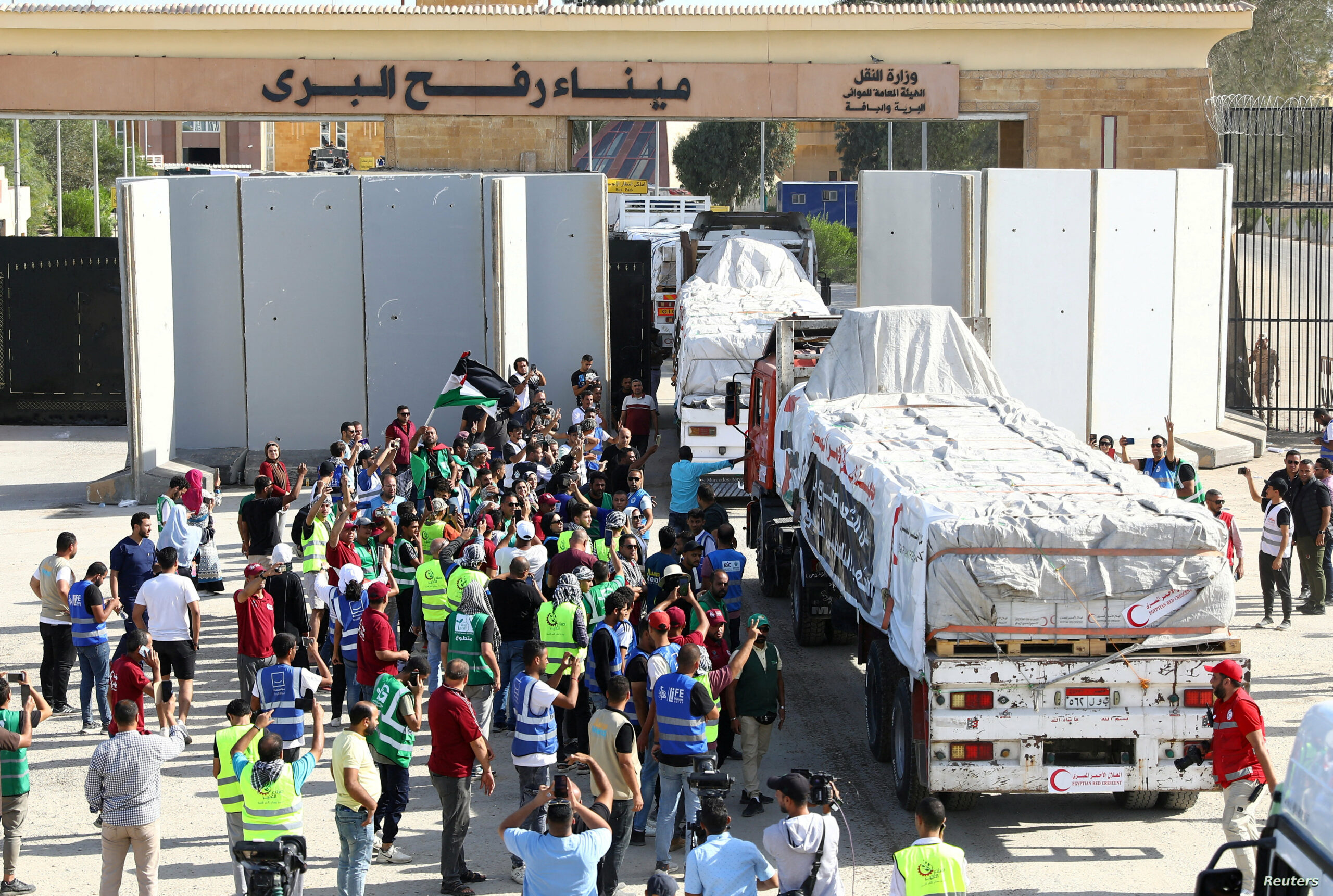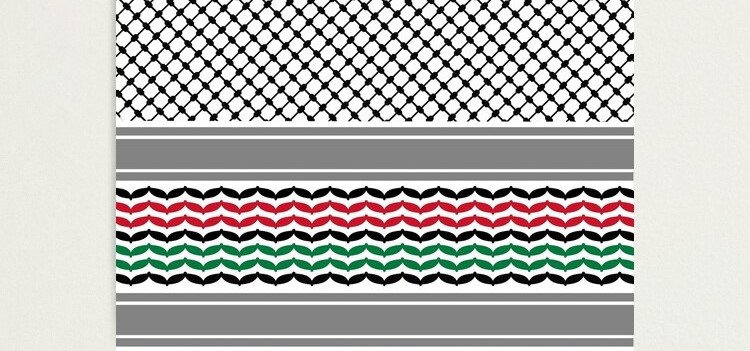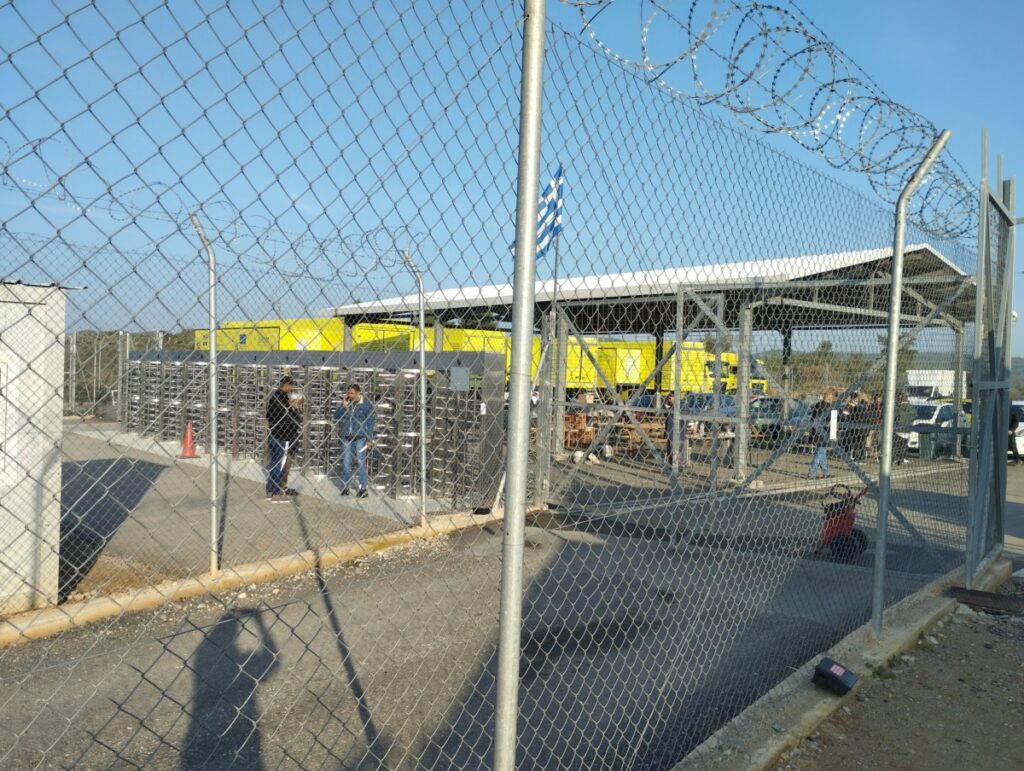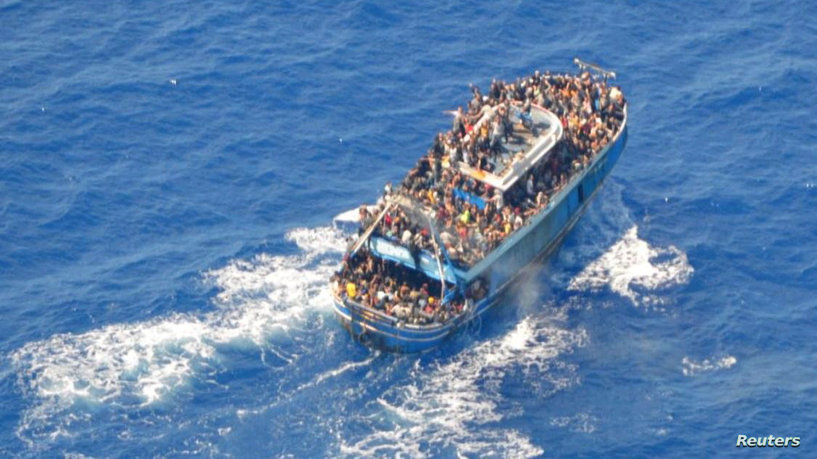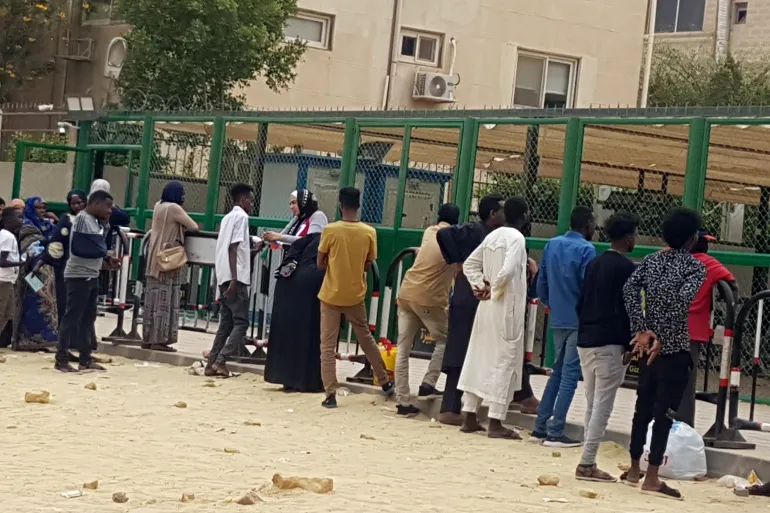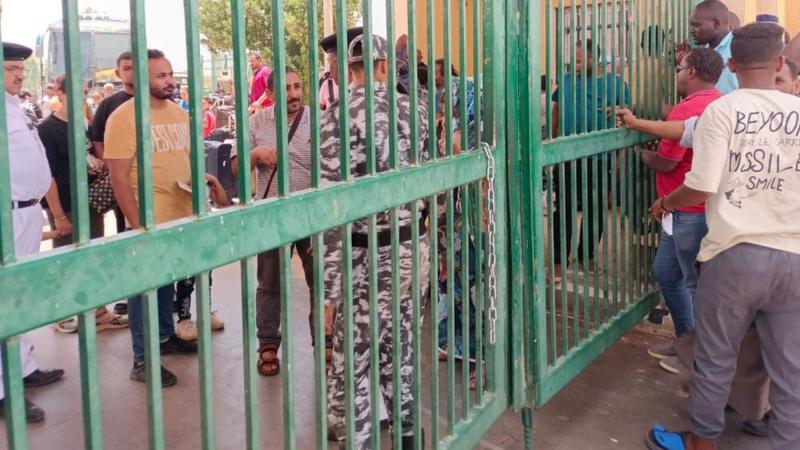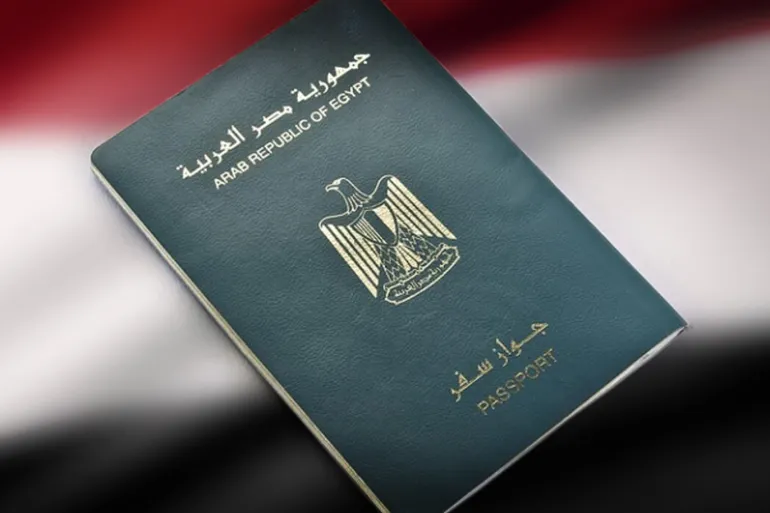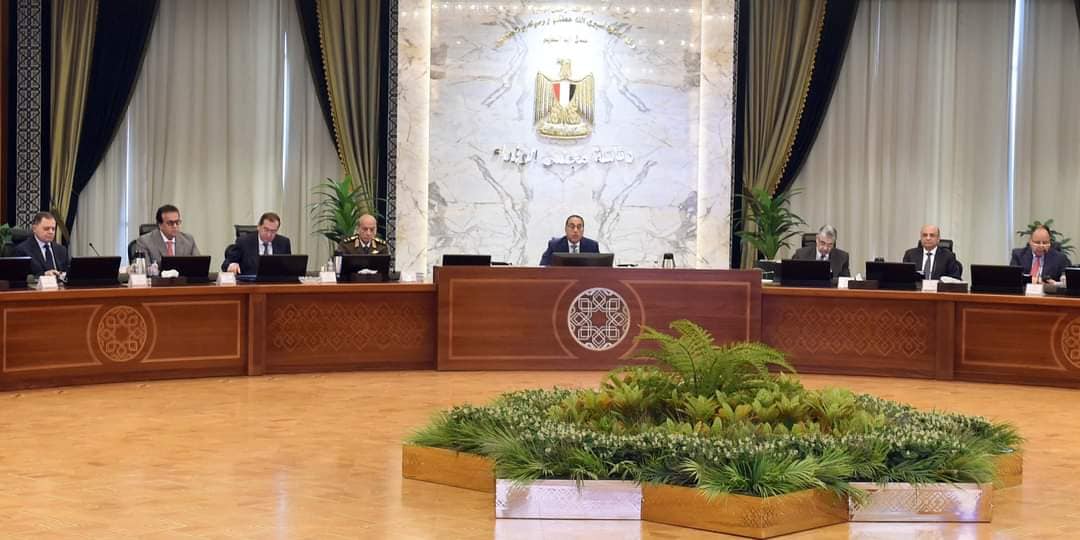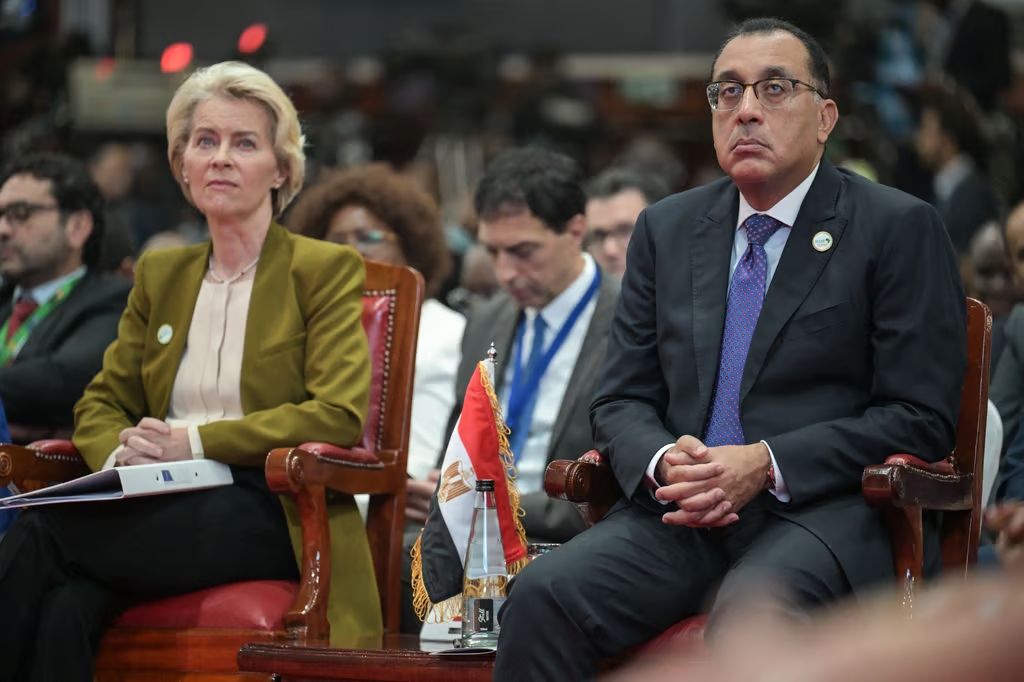Cairo – 04 June 2022
Over the past two days, the hashtag (#EnoughRefugeesInEgypt), has been trending in Egypt, in a sharp escalation of hate speech against refugees in Egypt. The opponents want to expel refugees from Egypt, claiming that they pose a threat to the country and burden the state’s economy.
This is not the first of its kind, The Refugees Platform in Egypt continuously monitors hate speech and incitement against refugees and migrants. During our monitoring, we saw that most promoters of hate speech towards the presence of refugees in Egypt are supporters of the so-called “sons of Kemet and the Egyptian nationalist groups”, both of which claim “refugees are settlers like the Hyksos and call for their deportation to their homeland and see that the UN treaties to protect them are a conspiracy.” But these ultra-nationalist groups are not the only instigators. Refugees are among the groups most exposed to hate speech on Egyptian tv talk shows. In addition, many Egyptian politicians and officials, including President El Sisi, describe that the state bears the burden of refugees. This fuels and increases feelings of hostility and hatred against refugees in light of the economic difficulties that Egypt is facing.
Hate on social media and other online spaces has grown exponentially in the past two years, largely driven by the COVID-19 pandemic. The impact of hate speech and discrimination against refugees can be deadly and can emotionally harm others, and may also lead to physical attacks. For years, many refugees and migrants in Egypt have suffered from the disastrous impact of hate speech inciting discrimination and violence.
Hate speech continues to spread and flourish in Egypt, whether it is on the Internet, on tv talk shows, in the statements of officials, or in the street. This is because of a variety of reasons, there is for example a toxic environment of ignorance, a general and institutional disregard for genuine discussion of refugee issues in Egypt and a lack of understanding and awareness of society on the differences and rights of others. There is also an absence of any legislation or measures to officially define, monitor and prevent hate speech.
We condemn hate crimes and all manifestations of racism towards immigrants and refugees, and it is our duty and the duty of everyone to respond quickly and not tolerate this discourse. We call on officials and politicians in Egypt not to describe the refugees as a burden, as this is unrealistic, and not to use them as a bargaining chip in their speeches.
We encourage educational institutions and civil society organizations to raise awareness of society to confront hate crimes and to associate this with promoting mutual understanding.
While international law calls for the prohibition of hate speech and the 1951 Refugee Convention, signed by Egypt, states to provide protection for refugees residing on its lands. It is imperative that the Egyptian authorities and institutions carry out their duty and assume their responsibilities toward this inflammatory speech that increases violence against refugees. Legal authorities and civil society organizations are required to take all possible measures to stop these discourses and protect society from their repercussions.
For more information:
